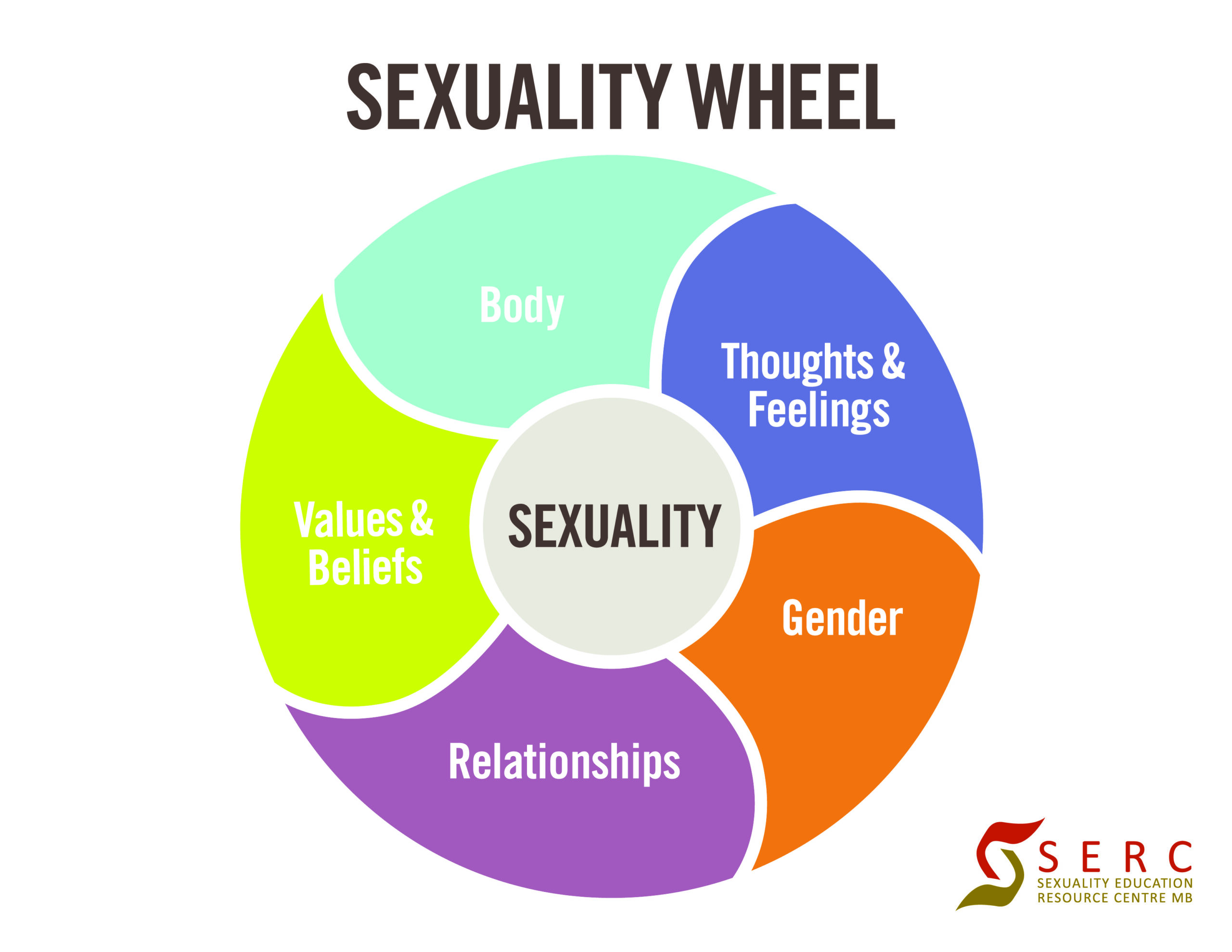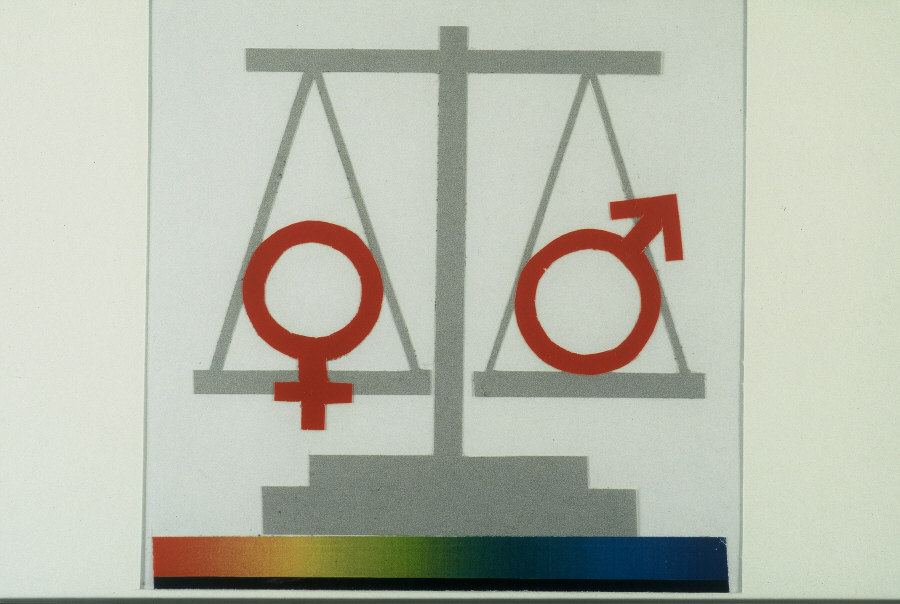By Terpsi Vasilopoulou,
A great wave of dissatisfaction has been expressed by parents in Belgium through social media since the beginning of the school year, caused by the introduction of a new two-hour-a-year education on emotional and sexual relationships in schools. Il- informed parents are furious, talking about the over-sexualisation of their children. On this occasion, let’s review the state of play of sex education in Europe and especially the EU member states.
Beginning with the definition, sex education or more formally sexuality education, as defined by UNESCO and the World Health Organisation, refers to the education of children through a curriculum-based course of teaching and learning about cognitive, emotional, physical, and social aspects of sexuality. With the basis of these major sections being discussed in the classroom, students learn and expand on a wide range of topics such as sexual and reproductive health, including sexually transmitted diseases and youth pregnancies, relationships, sexual orientation, and of course gender roles. According to UNESCO emerging evidence strongly suggests that delivering sex education programmes to children and young people at school can have a positive effect on larger societal issues, such as gender equality, human rights, and the well-being and safety of children and young people. Therefore, sex education in schools can not only be incorporated within “health education”, but “life skills education as well” or even “citizenship education” too.

While education is in the remit of each member state and not an EU competency, in the past 2 decades the EU has been greatly engaged in introducing such educational programs in their school curriculums and participating in a wide series of discussions and agreements relating to sexuality education. Nine years after the publication of the “European Regional Strategy on Sexual and Reproductive Health”, which included clauses on sexuality education in schools, and following the international technical guidelines released by UNESCO on the topic in 2009, the World Health organization proceeded to talk about the standards of sexuality education in Europe in 2010, encouraging even more discussion and action on the topic. In 2011, the “Directive on combating sexual abuse and sexual exploitation of children and child pornography” persuaded member states to include sex education in schools as one of the most effective measures in protecting children from falling victims in such cases. In 2020 through the European Commission’s strategy ‘A Union of Equality: Gender Equality Strategy 2020–2025’, the topic was brought back to the fore ground, highlifting the variety of benefits the implementation of such an educational program could have and urging even more countries to adopt it.
According to 2018 archives, 16 out of the permanent EU Member states, have mandatory sexuality education in their schools, making the above measures pretty significant. Member states are expected by the EU to adhere to the WHO Standards for sexuality education and the UNESCO International technical guidelines on sexuality education, however, a lot seems to be different when put into practice. According to the most recent statistics, sex education in most member states is delivered in a cross-curricular format instead of a dedicated course, while also focusing mostly on the biological aspects. Therefore, issues of gender roles and stereotypes, mutual consent, teaching about LGBTQI issues, and address the issue of online media and sexuality as well as topics around love, marriage, partnerships or family are seriously being neglected by educational systems. Since 2020 there has also been a notice of member states limiting teacher training opportunities on the subject of sexuality education making it even harder to expand on different topics. Last but not least, since regional authorities and schools are mainly in charge of the way through which sex education is delivered, there are great differences between what each country provides through the course, ranging from the age of the students to the contents of the course.
In conclusion, sex education is a truly important course that can provide students with great knowledge and the supplies they need to enter society as well as make this world somewhat of a better place. Therefore, we must encourage its introduction into our education systems and not underestimate its benefits.
References
- Audureau, W. Schools torched in Belgium: New sex education program targeted by waves of misinformation. Le Monde.fr. Available here
- Sexuality education across the European Union: An overview. Available here




